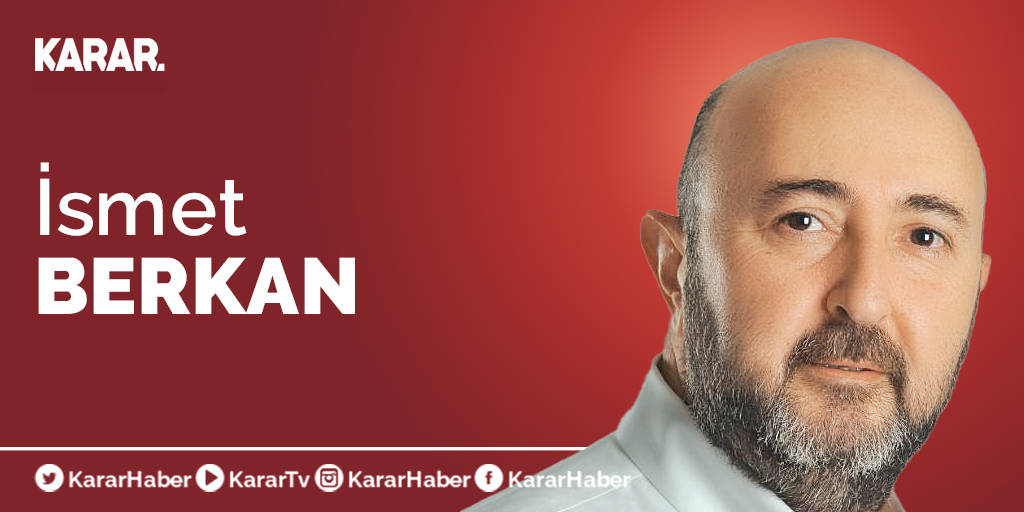I’m been writing a piece from the history of mathematics for a few weeks, explaining the formalization of mathematics, and in fact, I’m building the infrastructure to bring speech wherever I go. Write it today.
Last week I talked about paradoxes. The most common example given of a paradox or contradiction is the famous Cretan paradox: “A Cretan philosopher said that all Cretans are liars.” If the text is correct, it must be false, if it is incorrect, the text is correct … come and get out of it.
I also wrote last week about the famous paradox discovered by Bertrand Russell: “Is a set that includes all sets a member in itself?” If he is a member, is there another cluster he belongs to? So which cluster does that cluster belong to? It continues forever …
But there is something that makes all these contradictions the same. All of this comes from the nature of the language we speak, in which our thoughts are formed.
All the languages of the world refer to themselves. We define the meaning of a word in our own language in a dictionary written in our own language. This creates the inevitable infinite loop if you try to reduce the language to logic or mathematics; The tongue is like a snake trying to bite its own tail.
Seeing this, Bertrand Russell realized that his own paradox was also invalid. The paradoxes were about language; It was not about logic or mathematics.
Let us go back to the dictionary example. We define the meaning of words in a language using a dictionary written in that language. This inevitably creates an “infinite loop”.
Well, do not mathematics and logic express the laws of self-expression in their own language?
We write the law that reveals that 3 + 2 = 5 and 2 + 3 = 5 are the same thing, again using logic and mathematics. We govern the reversibility of operations 5 + 3 = 8 and 8-5 = 3, using the same mathematics and logic, without using another language or system.
We re-used mathematics and laid the foundation for the so-called “axioms” of mathematics.
Realizing this very simple fact, the young Austrian mathematician and rationalist Kurt Godel sat down before graduating from university in 1930, attempting to translate the most basic and simplest paradox possible into the language of mathematics.
There is nothing easier than writing and thinking “this sentence is wrong”. I even wrote. If the sentence is wrong, it tells the truth, if it is true, it says it is wrong … come and get out of it.
Kurt Godell saw that if this sentence could be written in mathematics, it would prove that mathematics itself is referential. Now he has developed a very technical and excellent method, which is very time consuming (and very difficult) to describe here, and the sentence is expressed in mathematical language.
What he said was very complex and actually very simple, which caused confusion.
It was simple because the text “This text is incorrect” was written in mathematical language. For this he found a special number sequence, using a system called “Godel Numbers”.
But the consequences of being able to write that sentence were extremely complex; Mankind continues to find those results today.
As anthropology developed science to understand and describe nature, it also created a particular language. This language, which we call mathematics, was an excellent tool not only for generating ideas, but also for comparing and calculating in the same way in different areas of science. Truth be told, the only “permanent” thing we had when trying to understand nature, describe it and solve its mysteries was mathematics.
But now a young man is coming out and he is proving that mathematics is not consistent within it and that there are things that can not prove our feelings even if we experience the answer in mathematics.
I gave an example earlier, and the famous goldback theory confirms that all even numbers greater than 2 can be written as the sum of two prime numbers.
Humanity has found this theory to be true even to an incredibly large number of experiments.
But numbers go to infinity, and we have no way of proving that what all numbers say is true.
An example of a mathematical proposition, Godel calls “inductive propositions,” is the goldback theory. (This is why it is called “hypothesis”, not “evidence.”)
But what does Godel mean by proving that mathematics is “imperfect” and “obscure”?
I said that mankind continues to find these results today, but one of the most fundamental results that has emerged is that the best reasoning the human mind has ever discovered has some shortcomings in itself, i.e., it is not perfect.
Does this mean that the human mind also has boundaries? Does this mean that there are things beyond human comprehension that one can never fully comprehend?
Do not jump right there. Let’s continue to talk a little more about this topic in depth.

Prone to fits of apathy. Unable to type with boxing gloves on. Internet advocate. Avid travel enthusiast. Entrepreneur. Music expert.



